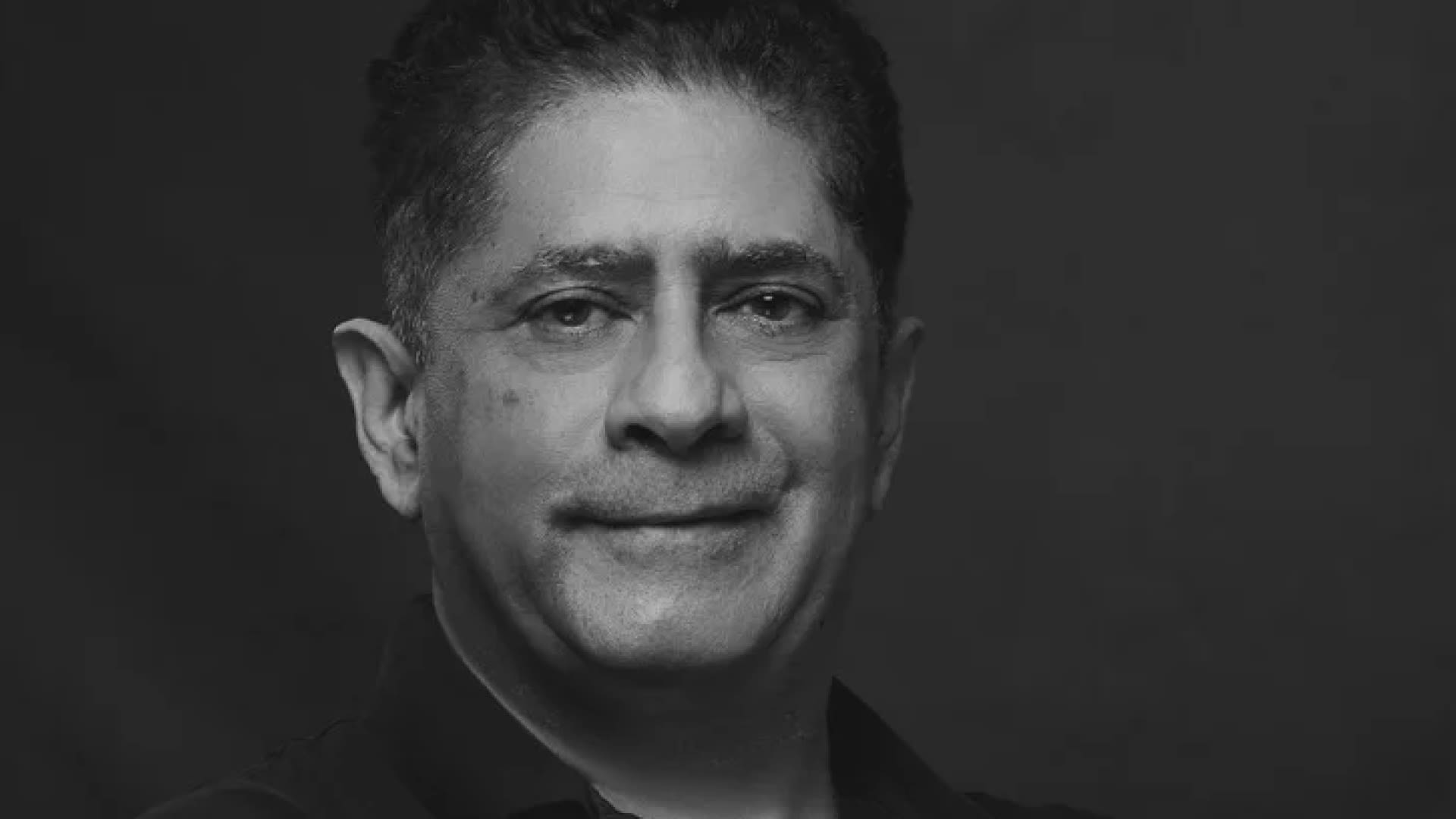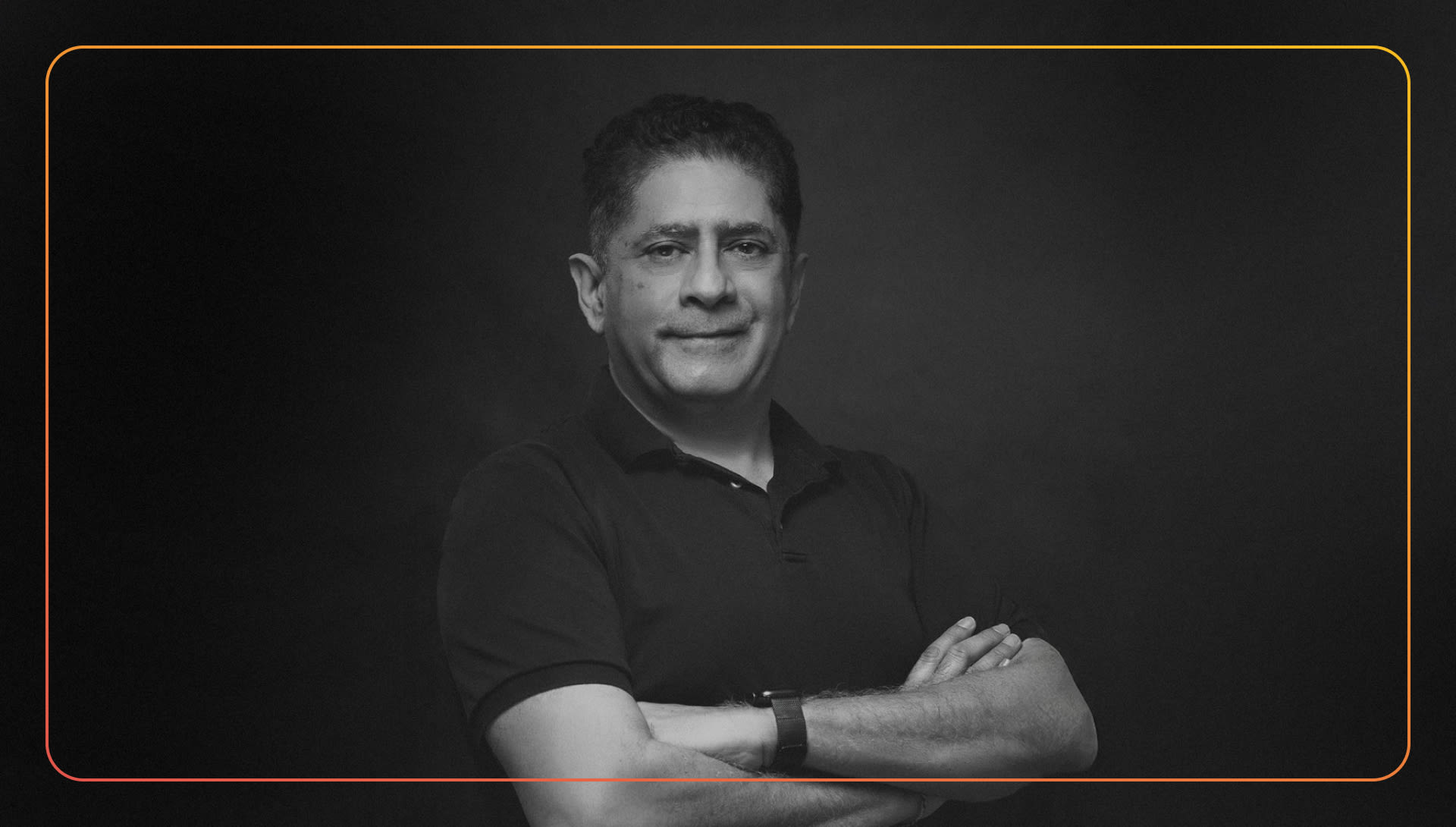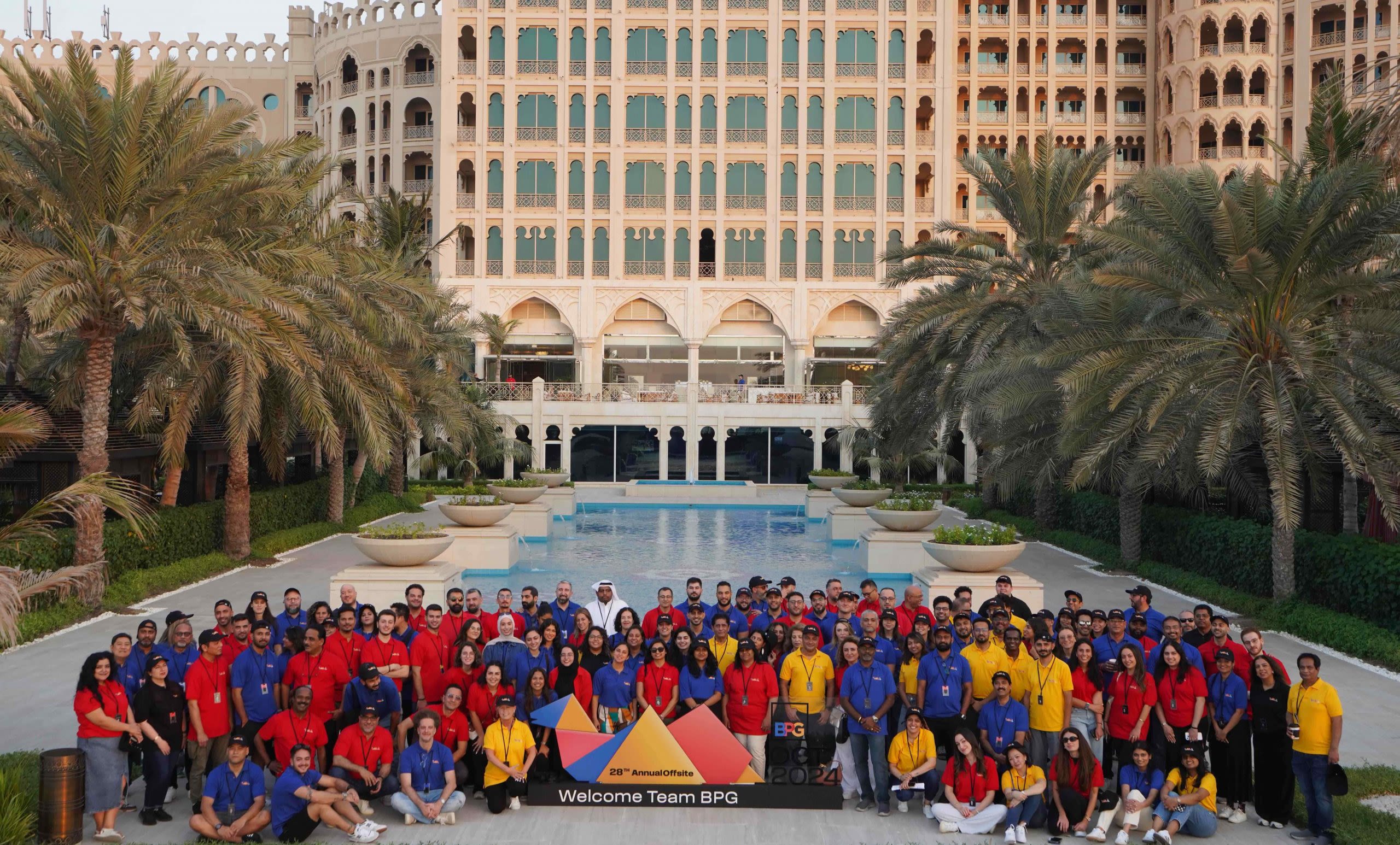In today’s day and age, particularly in a fast-evolving environment such as Dubai, a brand turning 40 is an extremely significant milestone, with virtually no merger, acquisition, name change or significant change in the product offering. Sure, Gulf News has evolved over the past four decades, quite significantly at that. But the fundamental value proposition, business model and delivery mechanism, both to readers and advertisers alike, has not changed.
The author had the good fortune to have been given the opportunity of helping Gulf News with its strategy as well as promotional delivery three decades ago, and, since then, has continued to be engaged with Gulf News intimately, not only as a reader, but also as the leader of one of Gulf News top two or three advertising revenue aggregators, BPG. Therefore, the author is bound to have some insights, which are entirely his, not necessarily subscribed by his current or past organisational affiliations.
Will Gulf News survive the next decade? Going by the news package’s shrinkage over the past few weeks, there is a lot of scepticism amongst the tons of naysayers. Yes, it is true that even a non-digital native like myself tends to get news nuggets through Twitter and my social/cultural dose by Instagram. The digital transformation of the media landscape is challenging even global institutions such as the New York Times and WPP, by yesterday’s start-ups such as Google, Facebook, Instagram, Snapchat, Twitter, as well as new-age colonisers like Amazon.
However, an interesting trend is that the founders of such amazingly successful businesses — if financial success of its founding team is a principal metric — are beginning to invest hundreds of million dollars of their personal wealth into acquiring iconic newspapers and assets. Jeff Bezos, Founder of Amazon and the wealthiest man on the planet, bought The Washington Post five years ago. Since then, it is rumoured that he is spending almost as much time in Washington DC as Seattle. This was followed by the acquisition of a majority stake of The Atlantic by Steve Jobs’ widow, Laurence Powell Jobs, through Emerson Collective, an organisation she leads.
The Los Angeles Times was bought earlier this year by an extremely successful medical entrepreneur Patrick Soon-Shiong, and last week Mark Benioff, the founder of Salesforce.com successfully acquired Time, founded in 1923 by Henry Luce and Briton Hadden. The list goes on. These are all extremely smart and successful individuals, who are betting on print media with their own money, not shareholders or venture capital.
Is my case of Gulf News’ ability to celebrate its 50th year based solely on the personal investments of these individuals in the US? Most certainly not. Yes, the US trend is worthy of learning from, the fact remains that , as we have witnessed recent history being made (the election of Donald Trump being a classic example) digital and social media can have a near fatal influence on all of us. But one look at the results of such user-generated content makes you even more resolute in your belief that the real credibility of news and views lies in the printed edition.
Just the other day, an extremely credible news organisation broke a story on Twitter of the possible merger of Emirates and Etihad, which was quickly and correctly refuted by the print media as a figment of someone’s wishful imagination. Yet, when it is in black and white you believe in the story. Because for generations, the fourth estate has ensured that what the reporters and editors bring to the reader every morning has arrived through adequate due diligence and reference checked to ensure that the newspaper is not propagating figments of imagination of some of its members or motivated by any economic or material desire other than succeeding to retain and grow its franchise amongst its subscribers and advertisers.
In conclusion, this author has no doubt that this 40-year-old will be there to celebrate its golden anniversary, and I congratulate all those who have been working diligently over the past four decades to ensure that come rain or sandstorm, both subscribers and advertisers get their promised content and eyeballs without fail every morning.
Digital convergence
That said, I also believe that this will necessarily happen with significant and positive changes that Gulf News will have to make, now more than ever before. Some changes, such as the recent shrinking both in its sections/pages as well as its organisational cadre, go with the territory. There is no doubt that Gulf News will need to innovate dramatically to stay as or more relevant to the local community than global digital assets such as Google or Amazon by proactively developing digital assets like apps and other mechanisms to ensure that it helps the local community bond better.
After all, a newsboy of Gulf News knows the geography of his territory far better than a FedEx or Fetchr delivery person would. A business journalist on the ground is far better connected with the emerging trends that a global digital media content creator can dream to understand on the back of desk Google research. And the list goes on.
By Avi Bhojani, Group CEO, BPG Group
This article first appeared in Gulf News


